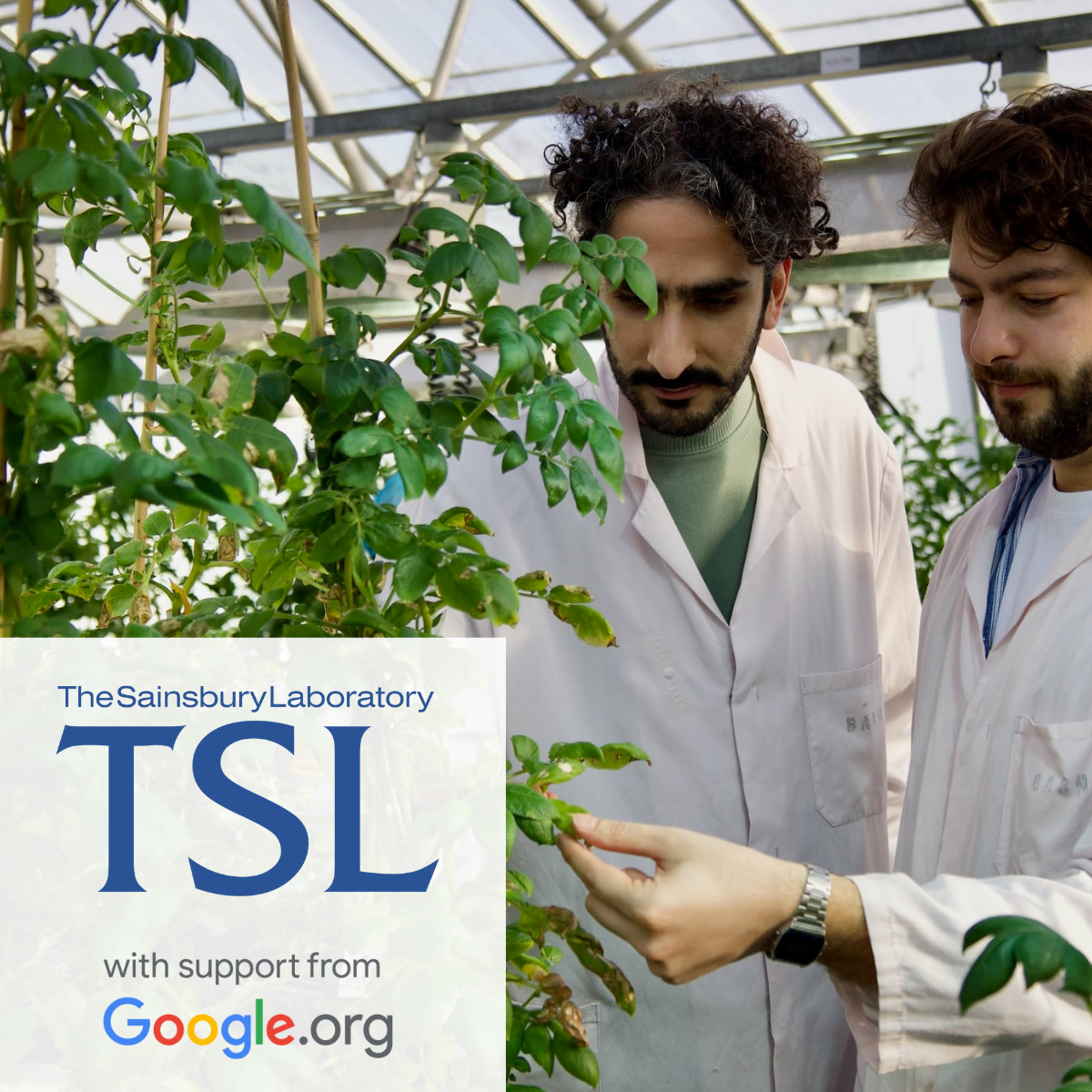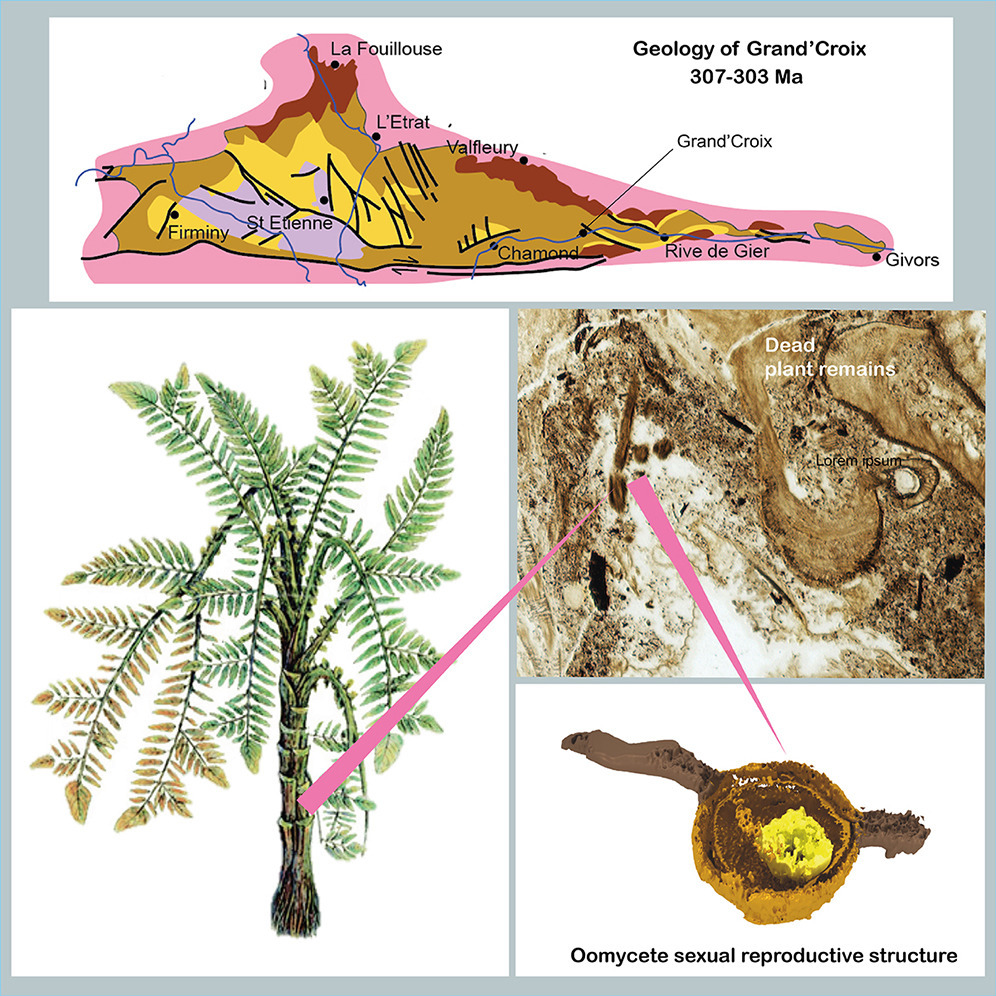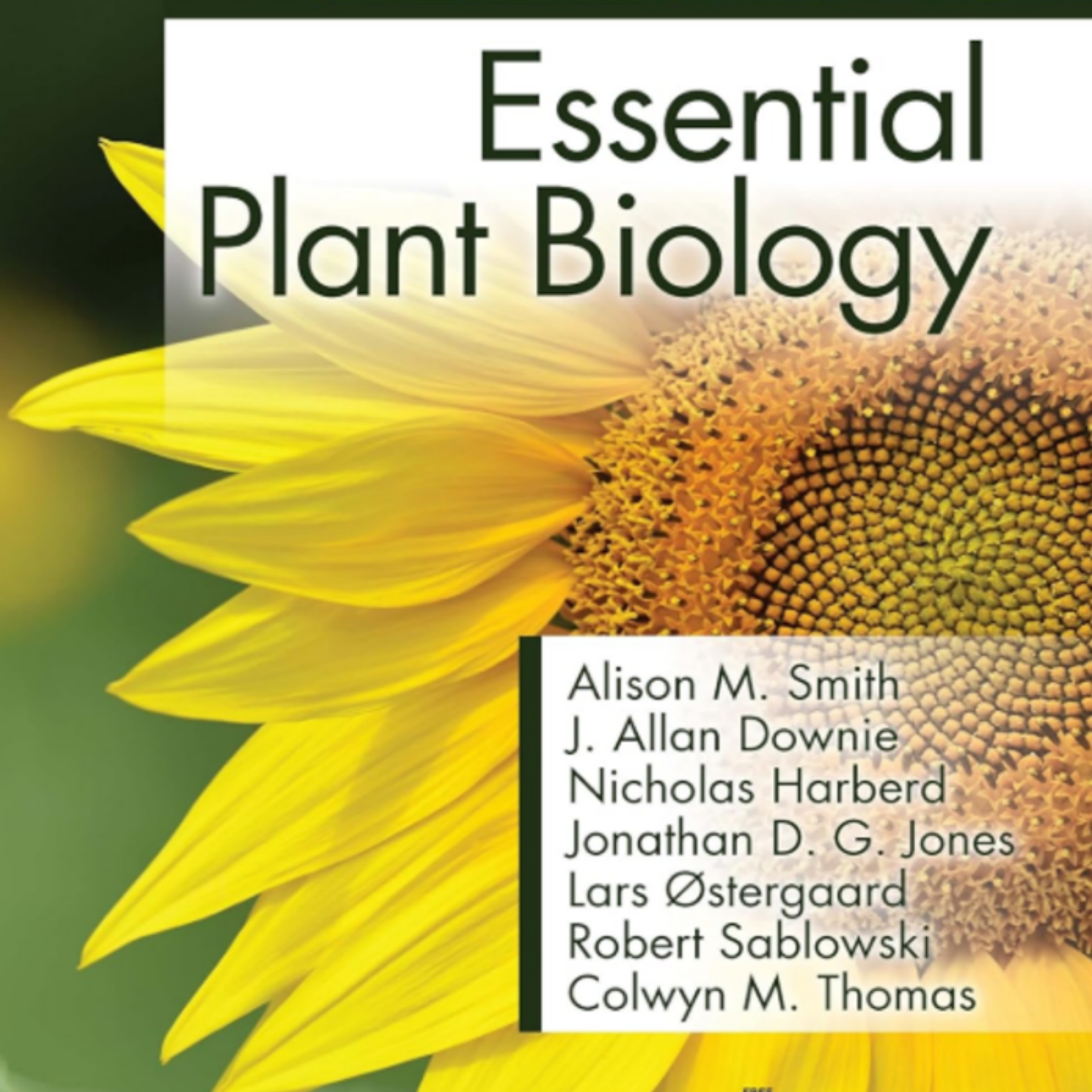Our statement on the recent cuts in Overseas Development Assistance
An unexpected and severe cut to Overseas Development Assistance (ODA) funding has pulled the rug out from under many scientific projects that were paving the way to solve urgent challenges in some of the poorest countries in the world. These projects, including two major projects at The Sainsbury Laboratory, will now be disrupted or terminated.
Overseas aid spending has been reduced from 0.7 to 0.5% of the UK’s national gross income by the Department for Business, Energy and Industrial Strategy (BEIS), resulting in an almost 50% reduction in the ODA budget for 2021-22. The resulting £120 million deficit is having devastating consequences for project commitments funded by the Global Challenges Research Fund (GCRF) and Newton Fund, which are reliant on ODA money.
We at The Sainsbury Laboratory, believe that:
- The ODA cuts have damaged the government’s professed aim to strengthen the UK as a “science superpower”
- Applying cuts to ongoing government-funded projects is without precedent in the UK and is a breach of trust in the research system
- The ODA cuts have crippled important projects and damaged the capacity of science to be seen as part of the UK's "soft power" engagement with the world.
- It is in the interests of the UK that these projects to promote sustainable development are successful. Thriving developing countries will be closer partners, less likely to contribute to unmanageable migration, and will provide growing markets for "Global Britain" in products and services.
The ODA cuts have damaged the government’s professed aim to strengthen the UK as a science superpower
The arbitrary cuts to established research projects have damaged the credibility of the government’s stated aim to build a science superpower and to enable the UK to project its science globally. The disruption and termination of ongoing projects, that many of our overseas partners are already committed to, will weaken the UK’s reputation as a leader and reliable partner in the response to global challenges.
Applying cuts to ongoing government-funded projects is without precedent in the UK and is a breach of trust in the research system
There has always been an assurance from the government that funds provided by its research councils are secure for their full funding period. This is essential for budgeting effectively within any research institution. Even in the most severe periods of public spending cuts, this rule has been in place. By applying cuts to the ODA element of UK Research and Innovation (UKRI) funding and simultaneously capping the ODA funds, the UKRI could not phase any of the proposed cuts by re-allocation of other research budgets. These cuts are therefore without precedent.
The disruptive withdrawal of existing funding is hugely damaging, resulting in a significant waste of taxpayers’ money. Eight to ten years’ worth of progress on some projects at advanced stages of development will now be wasted. Furthermore, the diminished trust in our research funding system will negatively impact future collaborations and the recruitment of scientists and students for years to come.
The ODA cuts have crippled important projects and damaged the capacity of science to be seen as part of the UK's "soft power" engagement with the world.
Two such projects, based at The Sainsbury Laboratory, were focused on securing food resources in sub-Saharan Africa by helping farmers access resistant varieties of rice and potato.

Our rice blast project, funded by the GCRF, aims to reduce the impacts of this destructive plant disease on resource-poor communities. Rice blast is a fungal disease that causes yield losses of cultivated rice of up to 30% across the world. In sub-Saharan Africa it is more serious, with outbreaks frequently decimating 80% or more of the yield. This is due to a lack of disease-resistant rice varieties and rice being cultivated mainly by small-holder farmers who cannot afford fungicides or other disease control strategies.
A large part of the project is focused on outreach and education, and many PhD students and researchers are already committed to this project and are financially dependent on the continuation of the grant.
With rice varieties in field trials across 17 sites in Africa, the next stage would be to bring some of these varieties to registration and make them available to farmers at no cost. However, the unexpected cut to the project’s funding has now placed the delivery of this critical milestone in jeopardy.
The second project that was disrupted due to ODA cuts is a collaboration with the CGIAR’s international potato centre (CIP) for crop improvement in Kenya. The aim of this project is to combine potato blight resistance with virus and bacterial wilt resistance and allow poor farmers to access these improved potato varieties. Late blight can destroy a field of potatoes within a matter of weeks and is a constant threat to those who depend on these staple crops. Communication and knowledge exchange between The Sainsbury Laboratory and its Kenyan partners will now be negatively impacted due to the drastic cuts in funding, and slow down a process that many communities depend on.
The unexpected cuts in funding to both these projects have important social and humanitarian consequences for resource-poor farming communities across sub-Saharan Africa. Developing countries are in increasingly vulnerable situations as they face the consequences of climate change. Climate variability and land degradation are major threats to food security and it is estimated that agricultural productivity will decline with 5% for every 1 °C of warming. Plants that are weakened by environmental stress are more susceptible to pests and diseases. This highlights the tremendous importance of partnering with such countries to allow farmers to gain access to high-yield and disease-resistant staple crops. To suddenly withdraw support at a time when countries are still grappling with the economic devastation of COVID-19 is particularly brutal.
It is in the interests of the UK that these projects that promote sustainable development are successful. Thriving developing countries will be closer partners, less likely to contribute to unmanageable migration, and will provide growing markets for "Global Britain's" products and services.
Cutting advanced projects that aim to solve global challenges will negatively impact the British economy and the UK’s standing in the world. By withdrawing support from projects in developing nations, we not only weaken our reputation, but we also lose out on necessary future partnerships. The improvement of agriculture in food insecure nations, particularly in sub-Saharan Africa, will reduce the pressure on migration in the future and provide better opportunities for our international trade.
It would have been much less harmful to reduce funds available for new initiatives or planned investments, than to force premature termination of projects that are already in progress. UKRI should make a case to BEIS to re-allocate funds and mitigate the worst impacts of the decision.
About The Sainsbury Laboratory
The Sainsbury Laboratory is a world-leading independent research institute that specialises in plant-microbe interactions, funded by The Gatsby Charitable Foundation, The University of East Anglia and UKRI-BBSRC. Our work is focused on leading global efforts to reduce crop losses to disease.
Further information
Prof. Nick Talbot leads the rice blast project in sub-Saharan Africa and Prof. Jonathan Jones leads the disease resistant potato project in Kenya. For more information or to arrange an interview with them please contact Mia Cerfonteyn at comms@tsl.ac.uk


